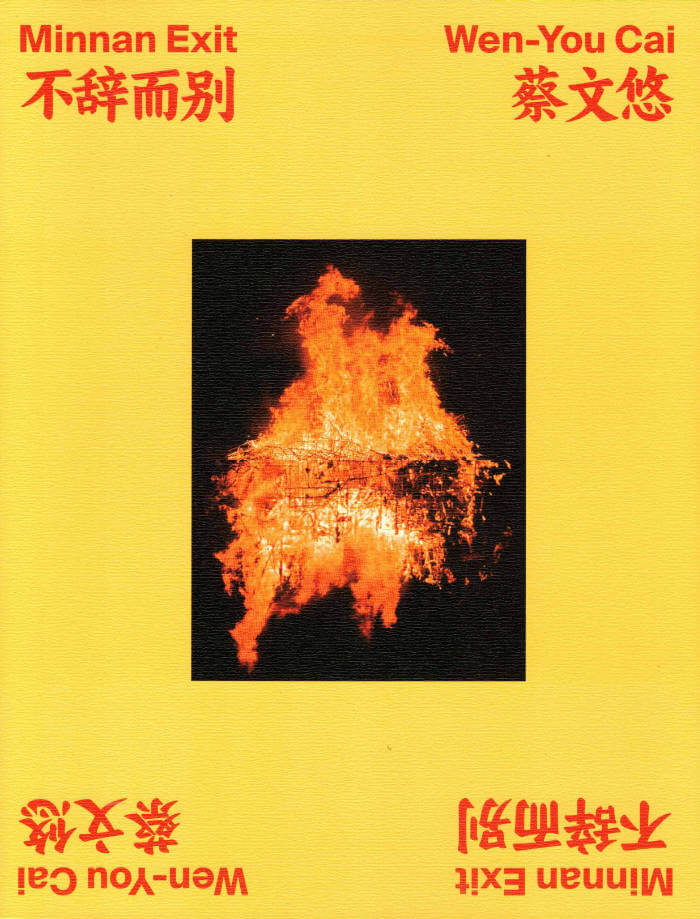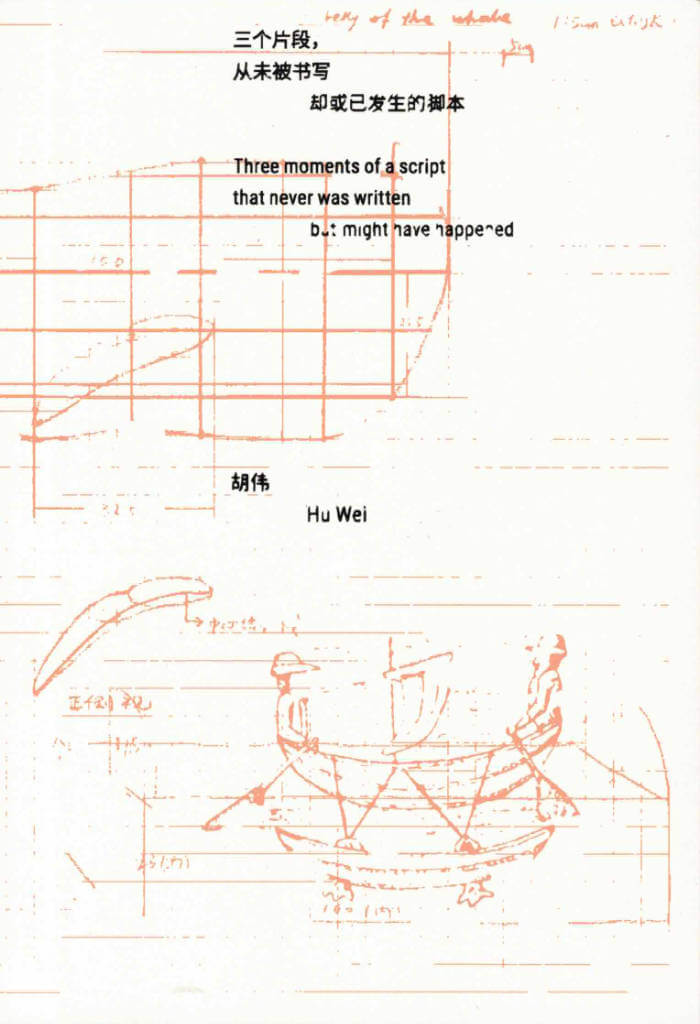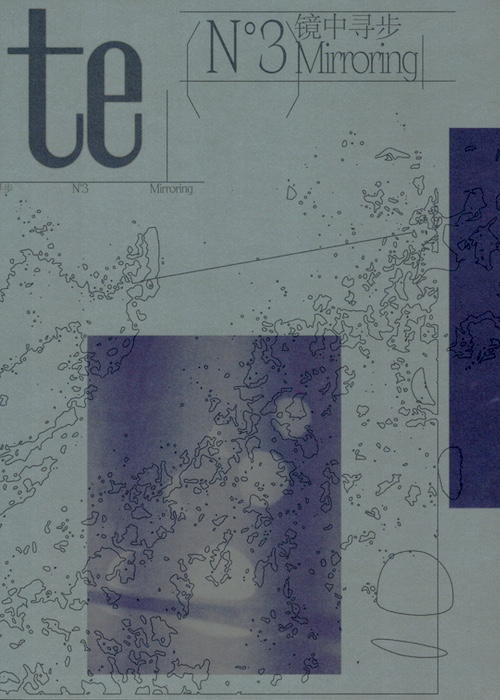
Minnan Exit
Since 2015, Wen-You Cai has returned on multiple occasions to her parents' hometown of Quanzhou, Fujian, to attend the funerals of her deceased relatives. The ceremonies in the Minnan region unfold like grand dramas in which she is both an observer and a participant. Throughout the ceremony, Wen-You is enveloped in the unknown; everything seems meticulously arranged. Amidst the overwhelming grief of losing loved ones, there exists a feeling of confusion, and taking photographs was one of the ways for her to engage in the funeral process.
For this photo series, Wen-You was initially confronted by her own fear of death, intertwined with her bewilderment and curiosity about the complex funeral rituals and its uniqueness inherent to Minnan culture. To demystify these subjects, Wen-You, joined by te editions, interviewed a funeral director who provides comprehensive “one-stop services,” a monk who hosts Buddhist ceremonies, and a folklorist of Minnan rituals. Minnan Exit can be interpreted as many things–a family album, a curated collection of photographs, an unfinished journey of discovery, as well as the process of Wen-You's reconciliation with her mortality.
Minnan Exit was designed by an independent graphic design studio, RELATED DEPARTMENT. Through the artist's lens, the design team sought inspiration from funeral objects and rituals, to create a visual concept for the publication's structure and layout with the regional characteristics of Minnan.
Special Interviewees: Chen Huaxian, Master Puyuan, You Gongchu (A-Bue)






